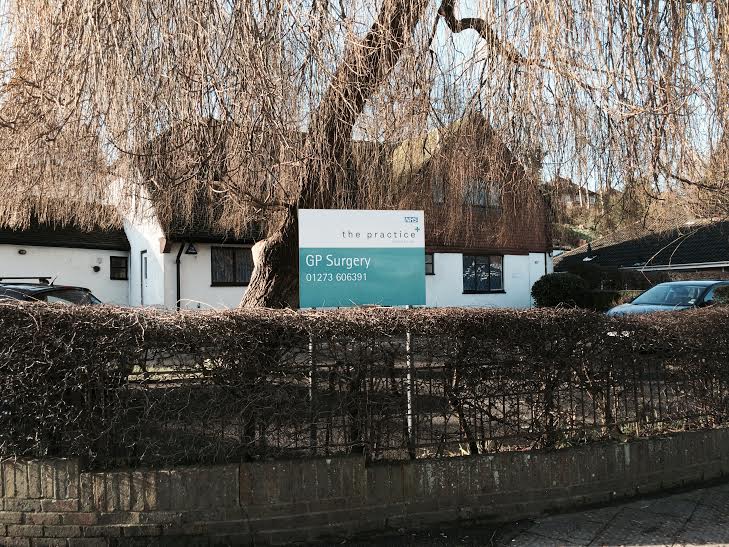
A spate of GP closures in Brighton and Hove has prompted health chiefs to formulate an action plan if any more close.
No plan was in place when health care in the city became the responsibility of the clinical commissioning group (CCG) in April 2017.
Since then, the CCG has dealt with the fallout of ten general practices (GPs) closing since 2015.
Now health bosses plan to share their new guidelines across the region and hopefully nationally.
Jimmy Burke, senior manager in primary care commissioning, presented the guidelines to Brighton and Hove CCG’s Primary Care Commissioning Committee on Tuesday, 12 February.
He said: “We have taken an ad-hoc approach and we have become well seasoned and we have certainly learned some lessons when it comes to practice closures.
“What we have tried to do is encapsulate all this experience as well as all the appropriate national guidance out there.”
The recent closure rate was unusually high. Now a local resilience group is in place to give support and guidance to GPs struggling or at risk and all options are explored before a surgery closes.
A six-month window is proposed if a group running multiple surgeries decides to end its contract with the Brighton and Hove CCG.
This happened in 2016 when surgeries run by The Practice Group closed with four months’ notice at Wellsbourne Health Centre, Hangleton Manor, Boots in North Street, and Willow House in Lower Bevendean.
The Care Quality Commission (CQC) can also close a surgery immediately if it is not satisfied with the standard of care, with neighbouring practices taking on patients overnight.
This happened in 2015 when the CQC closed Goodwood Court Medical Centre and patients were moved to Charter Medical Centre.
If a practice closes immediately then responsibility moves to the CCG which has to make sure patients are told where they can register.
Nearby practices should be prepared to accept new patients within this scenario.
If more notice is given that a surgery is to close then the CCG should be informed immediately and managers start working with other surgeries in the area to transfer patients over to their care.
The guidelines also include administrative functions, from dealing with potential redundancies to redirecting post.
Mr Burke said the guidance was put together by the resilience team to create a “well defined process” should any other GP practices close down.
This would make sure patients are safe and have continued care guaranteed under the action plan to make sure disruption is kept to a minimum if a practice closes down.
Malcolm Dennett who represents the public on the committee as lay member for governance said: “I am always a bit surprised when we get something delegated from the centre [NHS England] that something like this does not exist.
“This ought to be something fundamental across the country with some local nuances.”
Committee Chair Dr Charles Turton said he hoped it would be shared not only with CCGs in the region but across the NHS.
He said: “What comes out of the centre does not always think of everything.
“A bit of work like this which is founded on difficult and challenging experiences adds something useful to the whole of the NHS.”








